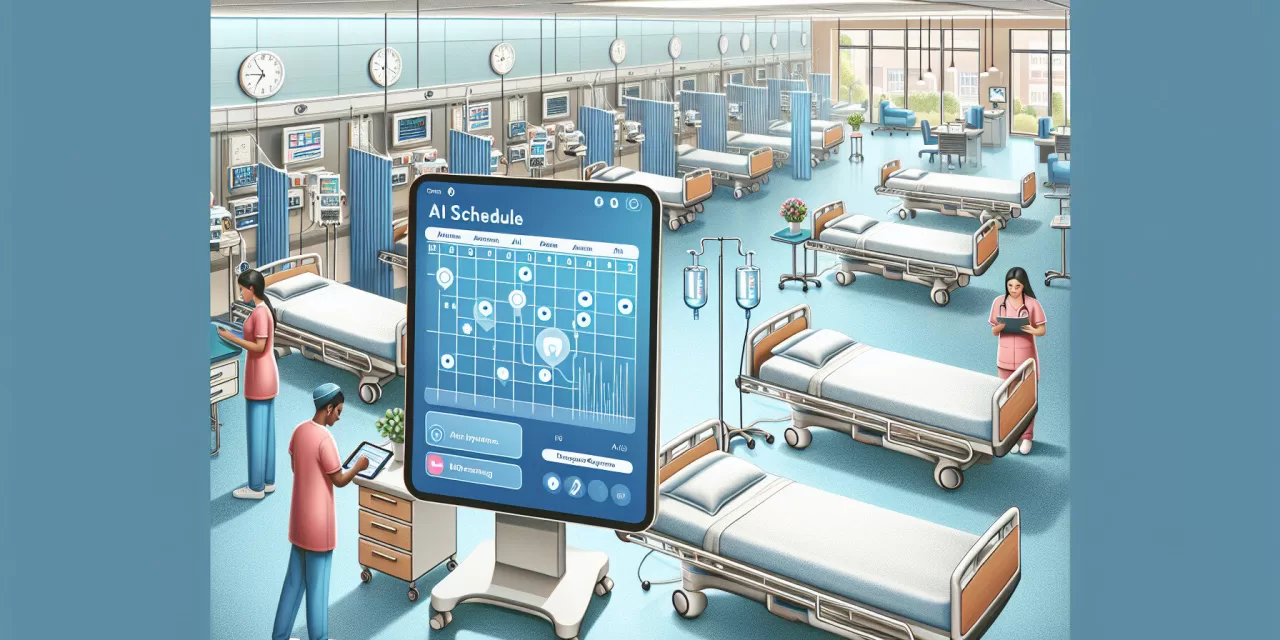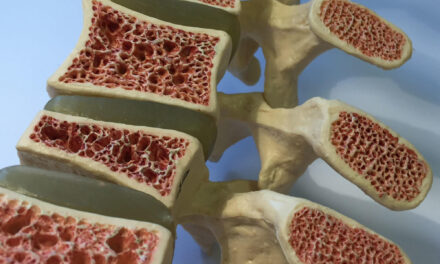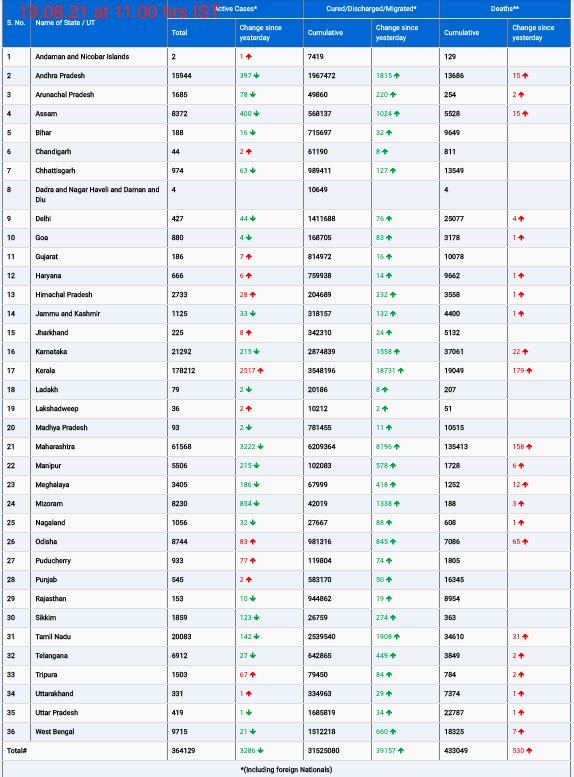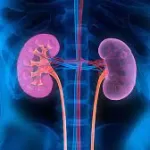A groundbreaking clinical trial conducted by Dartmouth researchers has demonstrated that a therapy chatbot powered by generative AI can significantly improve mental health symptoms in individuals diagnosed with major depressive disorder, generalized anxiety disorder, and eating disorders. The results, published in NEJM AI, a journal from the publishers of the New England Journal of Medicine, suggest that AI-driven therapy could offer accessible and effective support for those lacking access to traditional mental health care.
The study involved 106 participants across the United States who interacted with “Therabot” via a smartphone app. The chatbot engaged users in conversations, responding to their reported feelings and initiating dialogues when needed. Participants diagnosed with depression experienced a 51% average reduction in symptoms, while those with generalized anxiety saw a 31% reduction, often moving from moderate to mild anxiety levels. Individuals at risk of eating disorders showed a 19% average reduction in body image and weight concerns, surpassing the control group.
“The improvements in symptoms we observed were comparable to what is reported for traditional outpatient therapy, suggesting this AI-assisted approach may offer clinically meaningful benefits,” stated Nicholas Jacobson, senior author and associate professor at Dartmouth’s Geisel School of Medicine. He highlighted the significant gap between the number of mental health providers and the population needing care, emphasizing the potential of AI to bridge this gap.
Participants also reported a high degree of trust and communication with Therabot, comparable to their experiences with human therapists. This “therapeutic alliance,” as researchers termed it, was evident in the detailed responses and initiated conversations, often occurring during times of distress, such as the middle of the night.
Michael Heinz, first author and assistant professor of psychiatry at Dartmouth, cautioned that while the results are promising, AI therapy is not yet ready for fully autonomous use. “While these results are very promising, no generative AI agent is ready to operate fully autonomously in mental health where there is a very wide range of high-risk scenarios it might encounter,” he said. He stressed the need for rigorous benchmarks for safety, efficacy, and the tone of engagement, along with close supervision by mental health experts.
Therabot, developed since 2019, utilizes an original training set based on evidence-based psychotherapy and cognitive behavioral therapy. If the chatbot detects high-risk content, such as suicidal ideation, it prompts users to contact emergency services or crisis hotlines.
The study involved four weeks of unlimited access to Therabot for the experimental group, followed by another four weeks where participants could initiate conversations. After eight weeks, participants showed significant symptom reductions.
“Our results are comparable to what we would see for people with access to gold-standard cognitive therapy with outpatient providers,” Jacobson said. “We’re talking about potentially giving people the equivalent of the best treatment you can get in the care system over shorter periods of time.”
The researchers emphasized the potential of AI to enhance patient engagement and accessibility, particularly for those with limited access to traditional mental health services.
Disclaimer: While this study shows promising results, AI-powered therapy is still in its early stages. It is crucial to understand that AI should not replace in-person mental health care provided by qualified professionals. This technology is intended to supplement, not substitute, human interaction and clinical expertise. Further research and development are necessary to ensure the safety and efficacy of AI-driven mental health interventions. If you are experiencing mental health challenges, please seek professional help from a licensed therapist or psychiatrist.(More information: A Clinical Trial on a Generative AI Chatbot for Mental Health Treatment, NEJM AI (2025). DOI: 10.1056/AIoa2400802)












